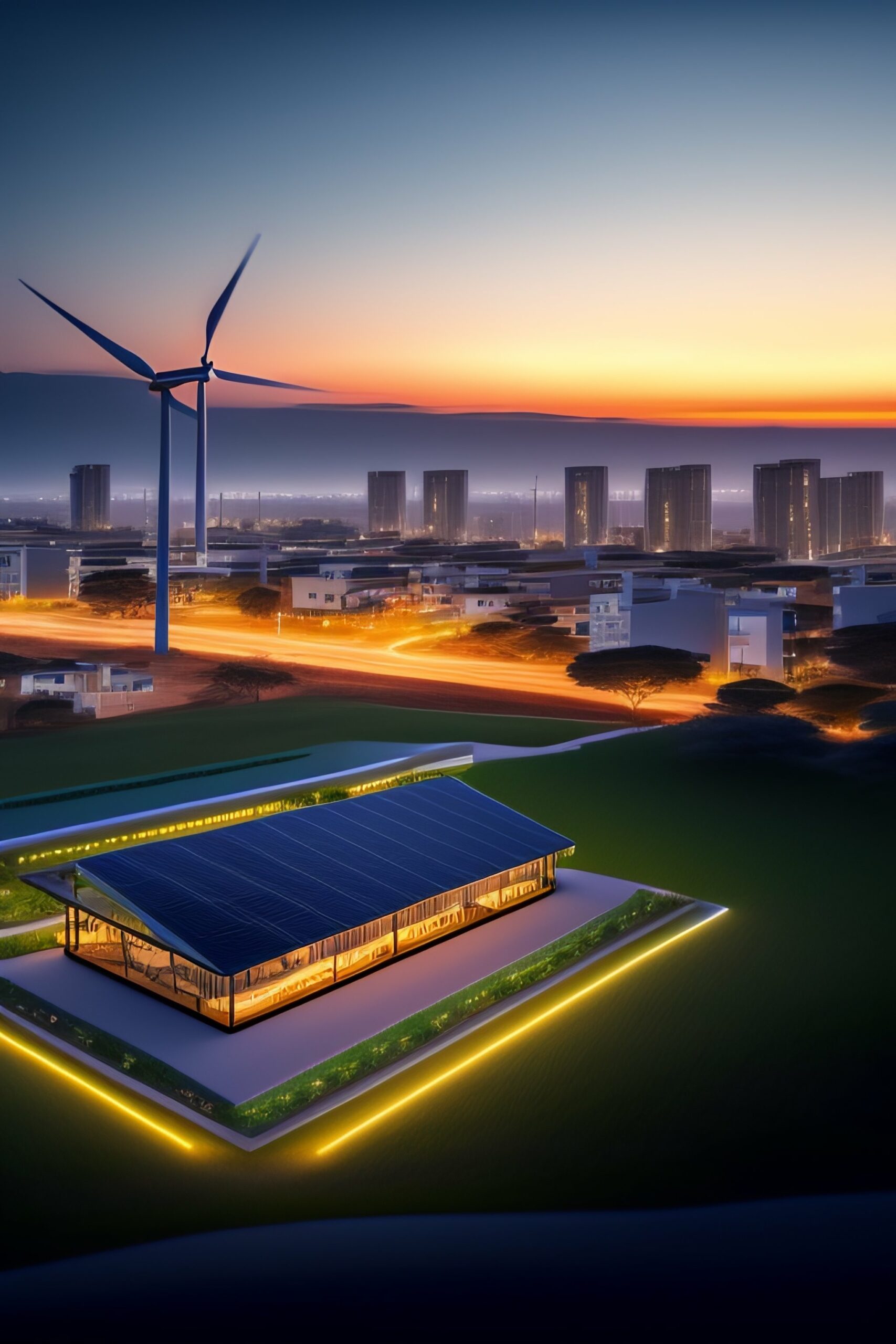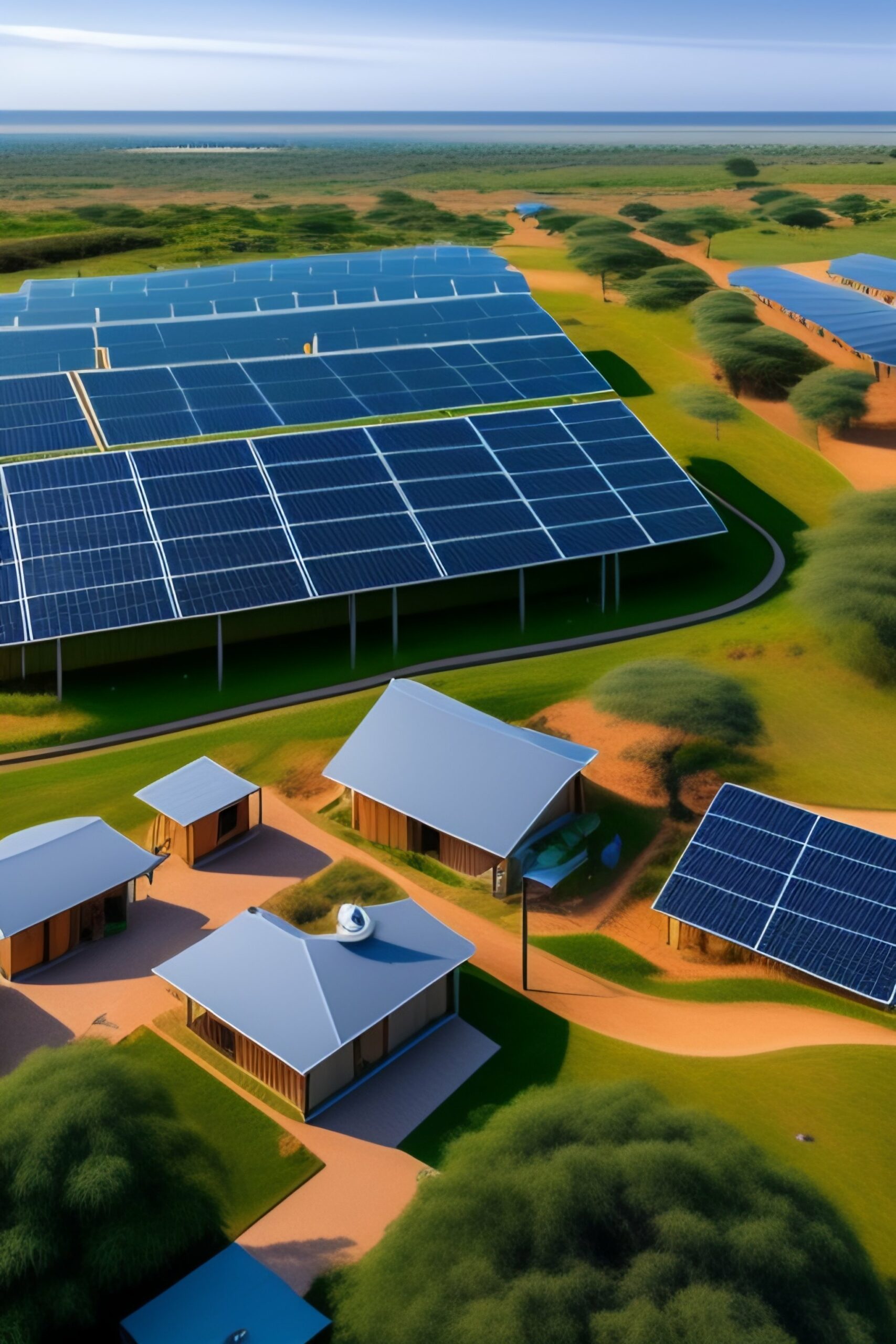Energy storage is becoming increasingly important in the modern world. As the demand for energy continues to grow, the need for efficient and reliable energy storage solutions is becoming more pressing. Energy storage can help reduce the environmental impact of energy production and consumption, as well as provide a more reliable and cost-effective source of energy.
The most common form of energy storage is batteries. Batteries are used to store energy from renewable sources such as solar and wind, as well as from traditional sources such as coal and natural gas. Batteries can store energy for short periods of time, allowing for more efficient use of energy resources. Batteries also reduce the need for large-scale energy production, which can have a significant environmental impact.
Another form of energy storage is pumped hydroelectric storage. This type of storage uses water to store energy, which can then be released when needed. This type of storage is particularly useful for storing energy from renewable sources, as it can store energy for long periods of time. Pumped hydroelectric storage can also help reduce the environmental impact of energy production, as it does not require the burning of fossil fuels.
Energy storage can also help reduce the environmental impact of energy consumption. By storing energy when it is not needed, energy can be used more efficiently. This can help reduce the amount of energy that is wasted, which can have a significant environmental impact.
Finally, energy storage can help reduce the cost of energy production and consumption. By storing energy when it is not needed, energy can be used more efficiently, reducing the need for large-scale energy production. This can help reduce the cost of energy production and consumption, which can have a positive environmental impact.
Overall, energy storage can have a significant impact on the environment. By storing energy when it is not needed, energy can be used more efficiently, reducing the need for large-scale energy production and consumption. This can help reduce the environmental impact of energy production and consumption, as well as reduce the cost of energy production and consumption.
[





